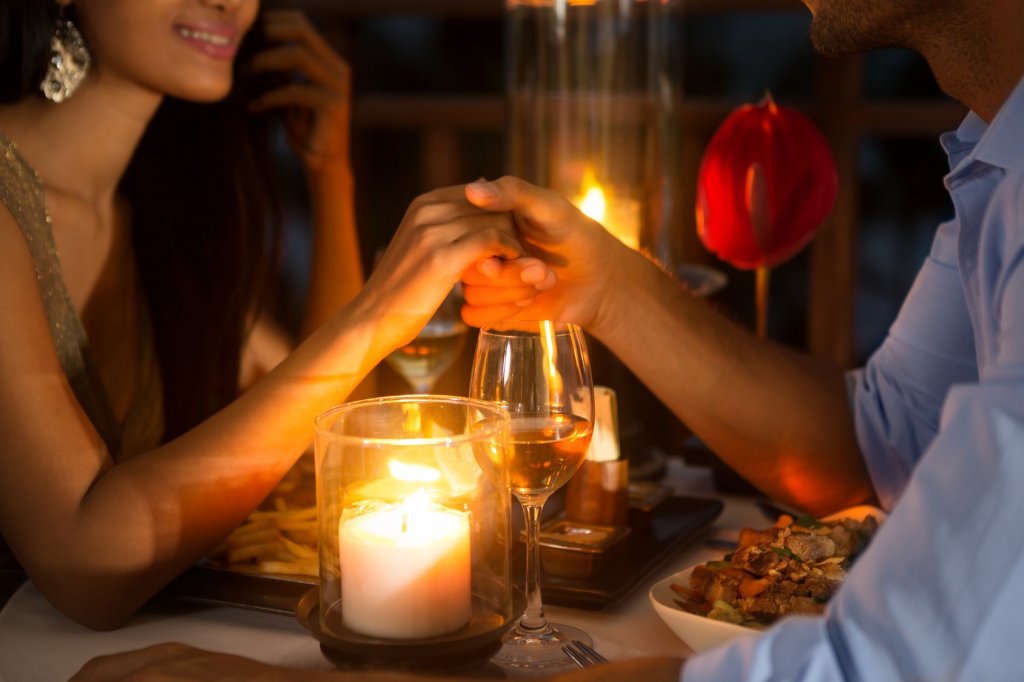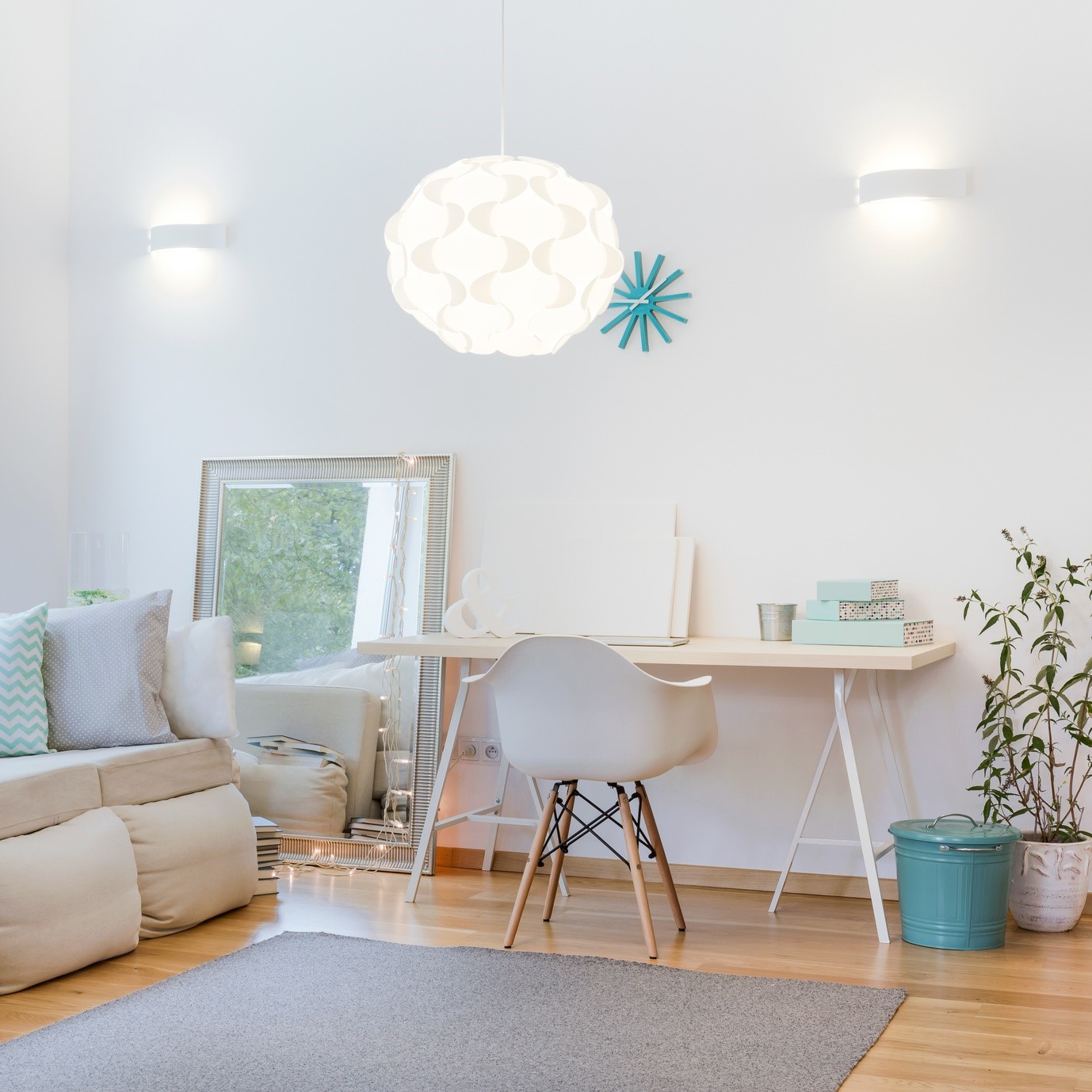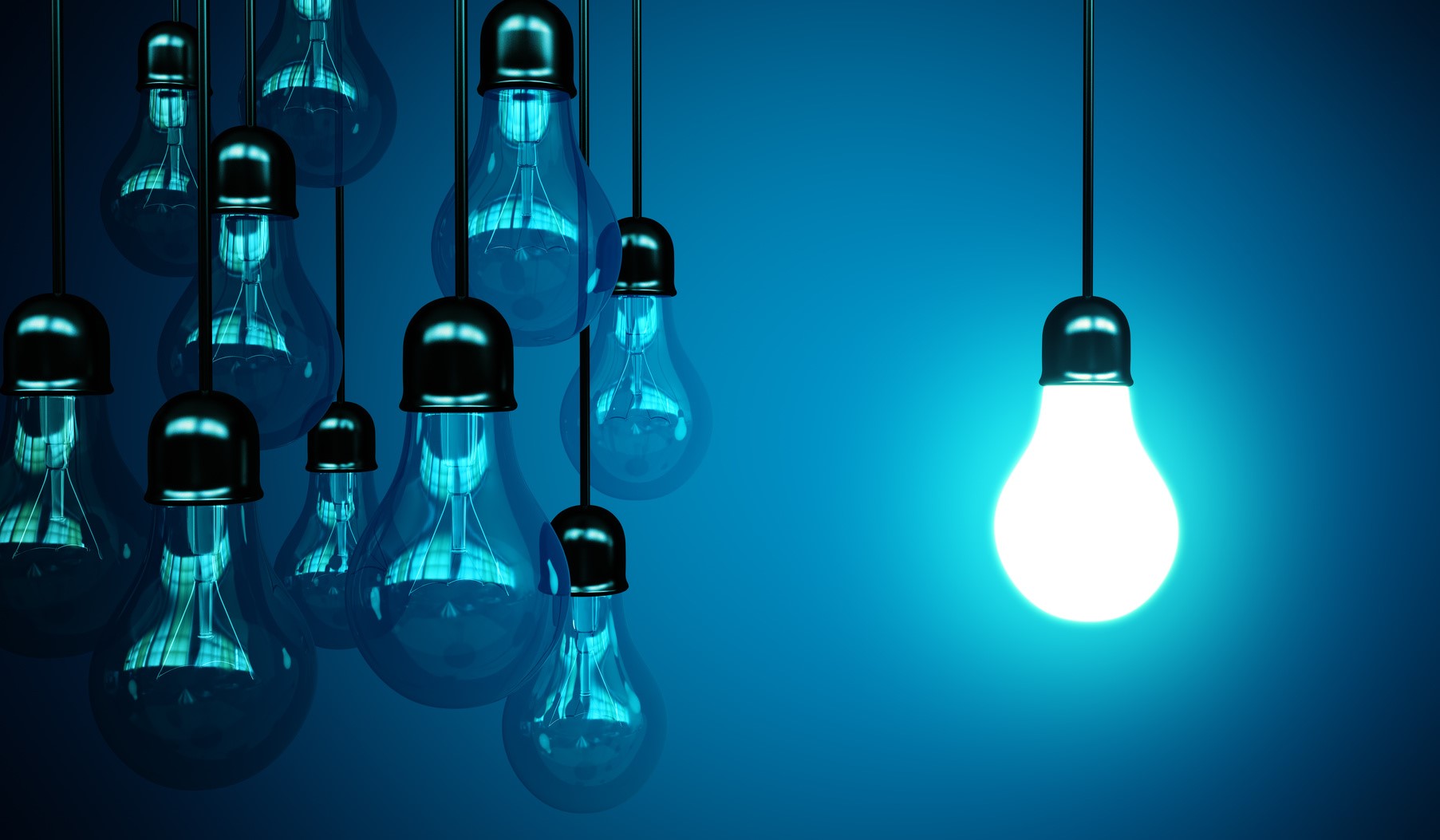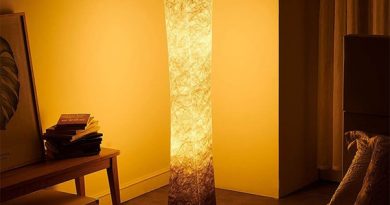Using Lighting to Your Advantage.
By Alek M.
It’s interesting to observe how much of our emotional and psychological makeup is determined by external forces that may seem unimportant at first. Sure, a lot of how a person is feeling on a particular day is dependent on events that are going on in their life, whether it be they just got out of a long relationship or that they are going to get married the next day.
However, the environment where they experience these events might actually have more of an impact than you think. In particular, there is a ton of research that suggests that lighting has a huge impact on a human being’s emotions.
Think about how much lighting can affect the mood of a room, from the glaring neon lights of the DMV to the festive lighting of a Christmas tree. When you learn how to turn lighting to your advantage, you can control your atmosphere and even your mood and health!
Our emotions can be affected by light
In April of 2014, the Journal of Consumer Psychology published a study conducted by the University of Toronto that examined how human beings experienced emotion in certain intensities of light. To do this study, researchers put people into different groups that would be asked a variety of questions on different topics, such as how attractive someone was, whether they thought a word or character was aggressive, and how spicy some hot sauce was. The results were interesting.
When it comes to the intensity of the light (or the brightness) people tend to experience emotions more intensely. For example, people in brighter lit settings would say that the same person was more attractive, while they would rate them less attractively in darker settings. However, they would also rates certain words as more aggressive in the brighter setting, and less aggressive in the dimmer lighting. Another example of this is how people tend to rate themselves as happier and having better self-esteem on bright and sunny days. However, a person who suffers from depression doesn’t rate themselves happier on sunny days, but is actually more likely to feel even more depressed. The intensity of light doesn’t change the emotions, but how intensely we feel those emotions.
Lighting is a vital part of home décor
When it comes to the lighting in our own homes, people subconsciously take certain steps to give their home a certain feeling. The same room in a house can feel completely different if the window is wide open and the sun is shining in, versus if it has blackout curtains and is only lit by the overhead light. For this reason, interior designers are very aware of lighting. After all, no matter how you design a home and what you put in it, the way you react to the interior design is entirely dependent on how that setting is lit. When planning out your own space, remember that lights set high in the ceiling can create a more spacious feeling, whereas lights within an arm’s reach create a more cozy feel, as this post explains.
At live music, lighting can be half of the show
Another example of how lighting affects us is in the ways that we choose to be entertained. People in the entertainment industry are highly aware of how lighting can change their final product. Indeed, when you go to see a live music show, especially with a higher ticket price, people don’t just put the musical act on a stage and let them play with some overheads on. No! Even though you are there to see the musician, there is a ton of time and effort put into getting the right lighting design There is a reason that you see so many different kinds of lights at a live music show, and each of them are doing something different, as this article here explains.
Lighting can affect your sleep and mood
Do you get more depressed during the winter? This is a common problem called SAD, or Seasonal Affective Disorder, and it’s all about lighting. The shorter days and lower lighting in general can contribute to a perpetual feeling of sleepiness and listlessness. Additionally, lighting majorly affects your circadian rhythms–not only how much light, but also what kind of light. Blue light that emanates from a computer or smartphone, for example, often triggers the “alert” switch in our brains, which is why most health professionals recommend turning off electronics at least two hours before sleep.






